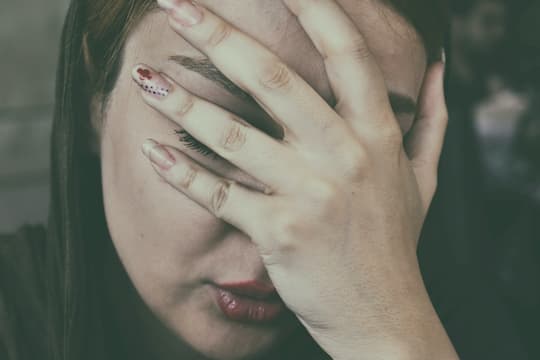Eight exercise for developing serenity and calm.
Teaching people to focus on positive emotions helps them deal with stress, new research finds.
People were taught classic positive psychology exercises such as keeping a gratitude journal, recognising positive events each day and doing small acts of kindness.
Together, the training helped reduce people’s anxiety and depression over the six weeks of the study.
The researchers focused on 170 caregivers for people with dementia.
Half were put in a control group, while the rest were encouraged to focus on their positive emotions.
People were taught eight skills:
- Practice a small act of kindness each day and recognise the power it has to increase positive emotions.
- Set a simple and attainable goal for each day and note down progress.
- Savour a positive event through journalling or discussing it with someone.
- Spot at least one positive event each day.
- List a personal strength and how you have used it recently.
- Use mindfulness to pay attention to daily experiences.
- Identify a daily stressor and reframe it as a positive event.
- Keep a gratitude journal.
Professor Judith Moskowitz, the study’s first author, said:
“The caregivers who learned the skills had less depression, better self-reported physical health, more feelings of happiness and other positive emotions than the control group.”
The results showed that those who learned the positive psychology exercises experienced a 7 percent drop in depression scores and 9 percent drop in anxiety.
This was enough to move people from being moderately depressed to being within the ‘normal’ range.
Professor Moskowitz chose dementia caregivers as the disease is on the rise:
“Nationally we are having a huge increase in informal caregivers.
People are living longer with dementias like Alzheimer’s disease, and their long-term care is falling to family members and friends.
This intervention is one way we can help reduce the stress and burden and enable them to provide better care.”
One participant in the study commented:
“Doing this study helped me look at my life, not as a big neon sign that says, ‘DEMENTIA’ in front of me, but little bitty things like, ‘We’re having a meal with L’s sister, and we’ll have a great visit.’
I’m seeing the trees are green, the wind is blowing.
Yeah, dementia is out there, but I’ve kind of unplugged the neon sign and scaled down the size of the letters.”
The study was published in the journal Health Psychology (Moskowitz et al., 2019).










